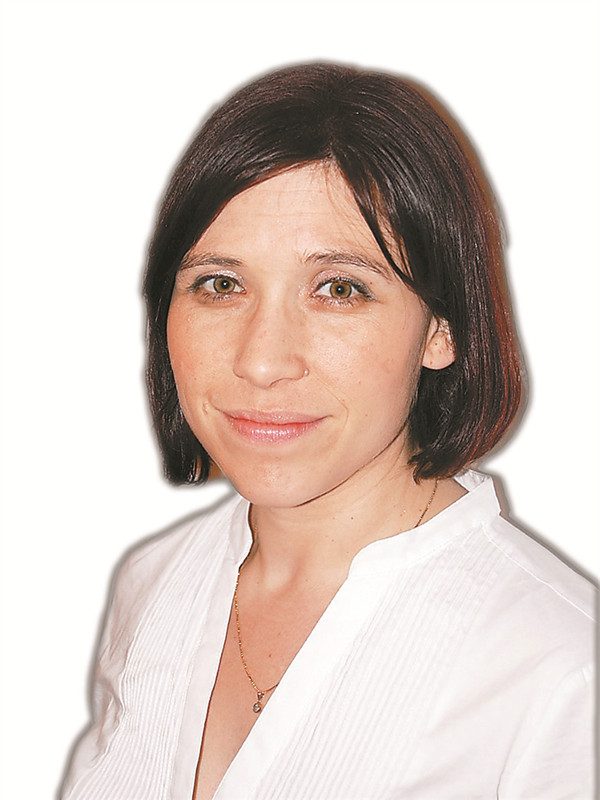Therapy in SZ not for the faint of hear
Writer: Pam Code | Editor: Jane Chen | From: | Updated: 2018-01-19

Tracy P. Navon
Email of the writer: pam.code@outlook.com
In a city abuzz with entrepreneurial endeavors, intrapersonal matters are scarcely mentioned. Tracy Pinshow Navon, a practicing psychologist at Distinct Healthcare and a resident of Shenzhen for 10 years, is one of the few native English-speaking mental health professionals in Shenzhen. This week, she gives us insight into her profession and the mental health status of the mushrooming migrant megacity.
Starting headlong into the conversation, Navon gave an overview of prominent issues faced by foreigners living in the city, and the challenges to resolving them.
“I think that if I were to name the most common issues I work on with clients, it would be anxiety and depression,” Navon began. She went on to explain that expats often deal with unmet needs: keeping pace with breakneck work environments that put working adults “under huge pressure to function and achieve,” loneliness due to the “transient” nature of the expat population with “people coming and going,” and “disconnection from things that nourish us and give us a sense of internal peace,” namely being far from family and friends from home.
Navon urges expats to find “space to engage in the things that are truly important to you,” whether it be family time, solitude or time outdoors.
Next, Navon gave a look into her field and explained how practicing in Shenzhen differs from other cities. Navon explains that because therapy is “very language-based,” her contact with native Chinese clients is limited, though she hopes to get in touch with more through work.
The language barrier also poses a challenge to expats needing therapeutic care. “The lack of infrastructure and other professionals” in Shenzhen limits the mental health-care resources available for expats in the internationalizing city, causing a shortage of treatment options.
As health-care for expats has developed over the years, so have the therapy referral options and offerings in Shenzhen, she said.
Originally, Navon aspired to be a medical doctor. “I was accepted to medical school and one week before starting, I recognized that my heart was focused on the interpersonal rather than the physical, so I opted for psychology, and the rest is history.”
Navon is also working on her doctorate in Psychology at the University of Hong Kong.